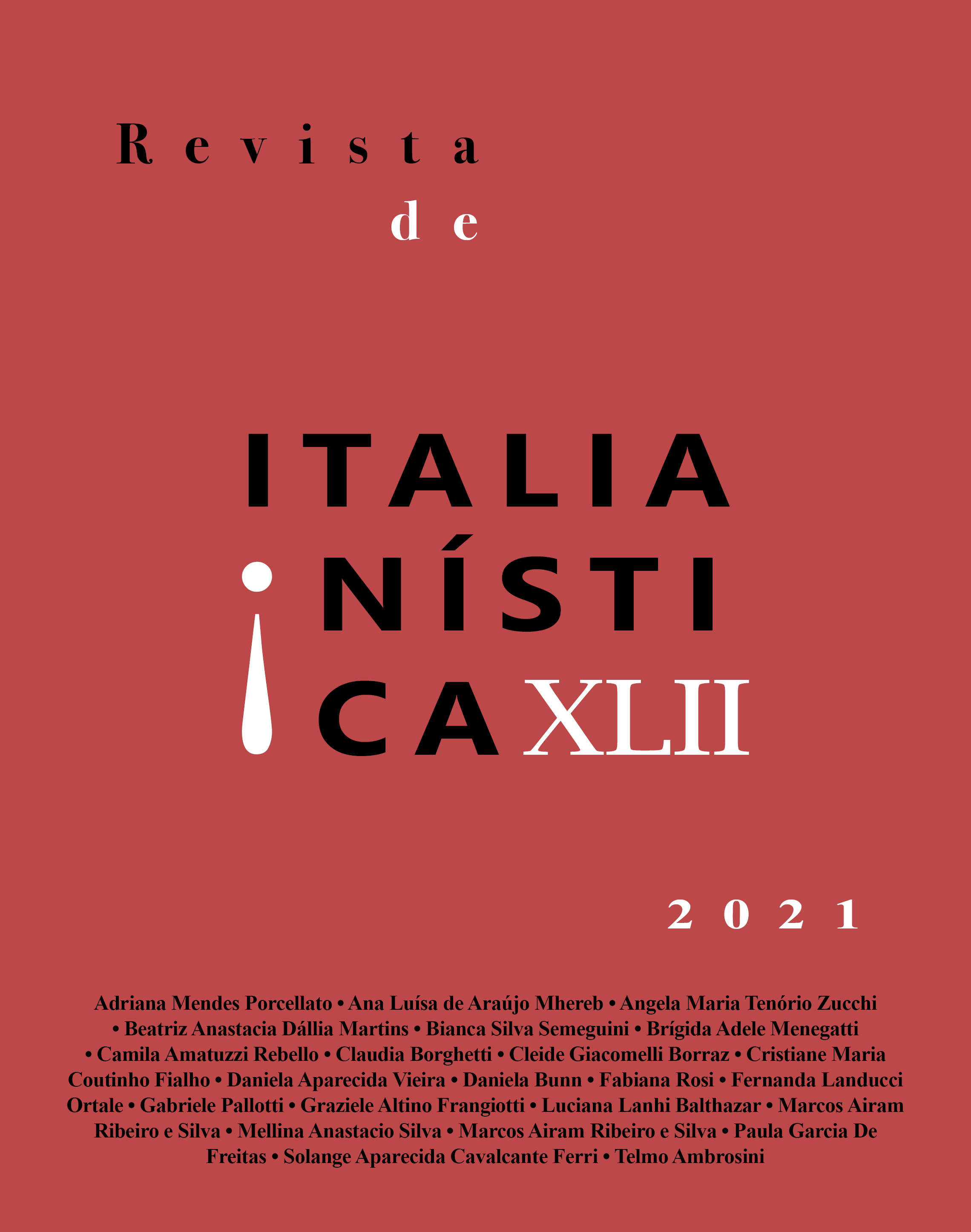Post-Method Pedagogy: Teaching Languages as a Political Commitment Beyond the Classroom
DOI:
https://doi.org/10.11606/issn.2238-8281.i42p176-189Keywords:
Teacher education, Postmethod, Politics and language teachingAbstract
The aim of this article is to present the contributions of Postmethod Pedagogy to language teaching and language teachers’ education. We argue that this theory, proposed by Kumaravadivelu, is inserted in the scope of the studies which enunciate principles of the language teaching-learning process and even in the research which denounce the colonizing function of the method and consider the search for social justice as one of the main roles of Education. This article is divided into four parts. In the introduction, there is a discussion about method and the importance of grasping the meaning of this concept for Postmethod, so as to avoid misunderstandings. Then, the emergence of Postmethod pedagogy is contextualized, establishing a dialogue with studies which contributed to elaborate the bases of a critical view about the method. In the third part, the principles, parameters, and macro-strategies that constitute the theory proposed by the Indian scholar are presented. Finally, the main ideas of the text are resumed, relating them to the fundamental aspects of a critical teacher education.
Downloads
References
ABRAHÃO, M. H. V. Algumas reflexões sobre a abordagem comunicativa. O Pós-Método e a prática docente. Entrelínguas, n.1, vol. 1, jan./jun. 2015. p. 25-41. DOI: https://doi.org/10.29051/el.v1i1.8051.
ALLWRIGHT, D. Developing principles for research – the case of exploratory practice. The Modern Language Journal, n. 89, vol. 3, 2005, p. 353-366. DOI: https://doi.org/10.1111/j.1540-4781.2005.00310.x.
BALBONI, P. Le sfide di Babele: insegnare le lingue nelle società complesse. Novara: UTET, 2008.
BELL, D. M. Do Teachers Think That Methods Are Dead? ELT Journal, vol. 61/2, abr. 2007, p. 135-143. DOI: https://doi.org/10.1093/elt/ccm006.
BELL, D. M. Method and Postmethod: Are They Really So Incompatible?” TESOL Quarterly, vol. 37, no. 2, 2003, p. 325–336. DOI: https://doi.org/10.2307/3588507.
BROWN, H. D. English Language Teaching in the “Post-Method” Era: Toward Better Diagnosis, Treatment, and Assessment. In: RICHARDS, J. C. e RENADYA, W. A. (Orgs.). Methodology on Language Teaching: An Anthology of Current Practice. Cambridge: Cambridge University Press, 2002, p. 9-17.
BROWN, H. D. Teaching by principles: an interactive approach to language pedagogy. White Plains, NY: Longman, 2001. [Primeira edição: 1994].
DEOSTI, A. A prática exploratória: uma abordagem de ensino – pesquisa ético-crítica em linguística aplicada. International Congress of Critical Applied Linguistics. Brasília: 19-21 out. 2015. Disponível em: http://www.uel.br/projetos/iccal/pages/arquivos/ANAIS/ETICA/A%20PRATICA%20EXPLORATORIA.pdf. Acesso em: 3 jan. 2021.
DURAN, M. C. G. Maneiras de pensar o cotidiano com Michel de Certeau. Revista Diálogo Educacional, n. 22, v. 7, set./dez., 2007, p. 115-128. DOI: http://dx.doi.org/10.7213/rde.v7i22.4177.
FREIRE, P. Pedagogia do oprimido. São Paulo: Paz e Terra, 1994. [Primeira edição: 1968].
FREIRE, P.; MACEDO, D. Alfabetização: leitura do mundo, leitura da palavra. São Paulo: Paz e Terra, 2011. [Primeira edição: 1987].
FREIRE, P. Ação cultural para a liberdade e outros escritos. São Paulo: Paz e Terra, 2015. [Primeira edição: 1981].
GIROUX, H. Os professores como intelectuais: rumo a uma pedagogia crítica da aprendizagem. Trad. Daniel Bueno. Porto Alegre: Artes Médicas, 1997. [Primeira edição: 1988]
KUMARAVADIVELU, B. Beyond Methods: Macrostrategies for Language Teaching. New Haven: Yale University Press,1994.
KUMARAVADIVELU, B. Toward a Postmethod Pedagogy. TESOL Quarterly, vol. 35, No. 4, 2001. DOI: https://doi.org/10.2307/3588427.
KUMARAVADIVELU, B. Beyond Methods: Macrostrategies for Language Teaching. New Haven: Yale University Press, 2003.
KUMARAVADIVELU, B. Understanding Language Teaching: from method to post-method. New Haven: Yale University Press, 2006.
KUMARAVADIVELU, B. Language teacher education for a global society – A Modular Model for Knowing, Analyzing, Recognizing, Doing, and Seeing. New York: Routledge, 2012.
LEFFA, V. J. Metodologia do ensino de línguas. In BOHN, H. I.; VANDRESEN, P. Tópicos em lingüística aplicada: O ensino de línguas estrangeiras. Florianópolis: Ed. da UFSC, 1988. p. 211-236. Disponível em: https://www.leffa.pro.br/textos/trabalhos/Metodologia_ensino_linguas.pdf. Acesso em: 4 jan. 2021.
MACKEY, W. F. Language teaching analysis. Bloomington: Indiana University Press, 1965.
MENEGAZZO, R.E.; XAVIER, R.P. Do método à autonomia do fazer crítico. Trabalhos em Linguística Aplicada, v. 43, n. 1, jun. 2004, p. 115-126. DOI: https://doi.org/10.1590/S0103-18132004000100009.
PENNYCOOK, A. The concept of method – Interested Knowledge, and the Politics of Language Teaching. TESOL Quarterly, vol. 23, 1989. p. 589-618. DOI: https://doi.org/10.2307/3587534.
PRABHU, N. S. There Is No Best Method – Why?. TESOL Quarterly, vol. 24, no. 2, p. 161–176. Washington, 1990. DOI: https://doi.org/10.2307/3586897.
RICHARDS, J. Communicative Language Teaching today. New York: Cambridge University Press, 2006.
ZEICHNER, K. M. Uma análise crítica sobre a “reflexão” como conceito estruturante na formação docente. Educação e Sociedade, n. 102, vol. 29, maio/ago. 2008, p. 535-554. DOI: https://doi.org/10.1590/S0101-73302008000200012.
Downloads
Published
Issue
Section
License
Copyright (c) 2021 Revista de Italianística

This work is licensed under a Creative Commons Attribution-NonCommercial-NoDerivatives 4.0 International License.
A revista retém os direitos patrimoniais dos artigos e os publica simultâneamente sob uma Licença Creative Commons-Atribuição-Não Comercial-Sem Derivações.



